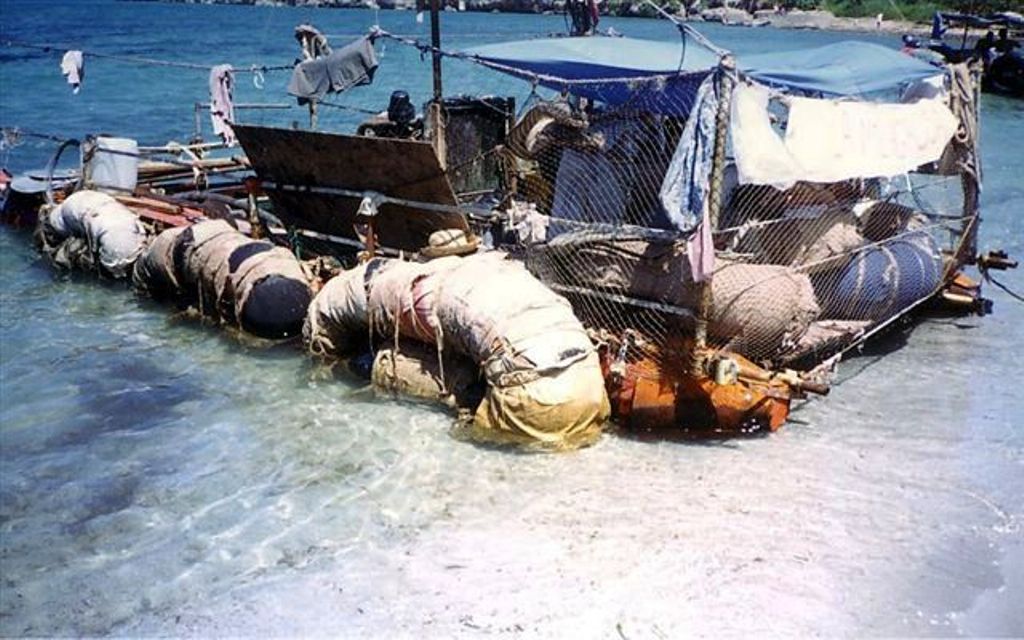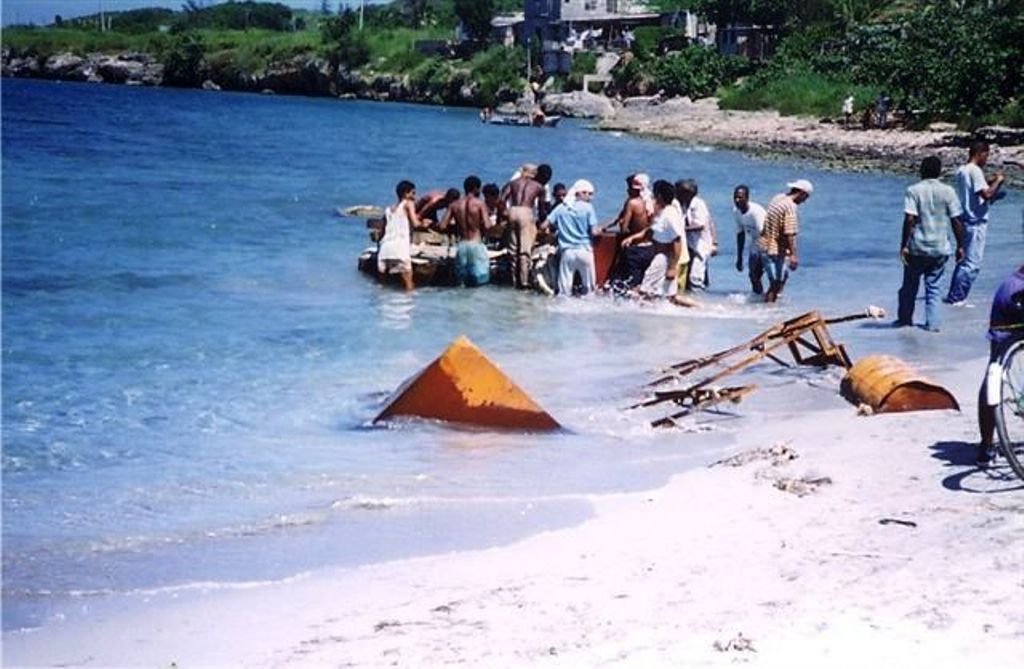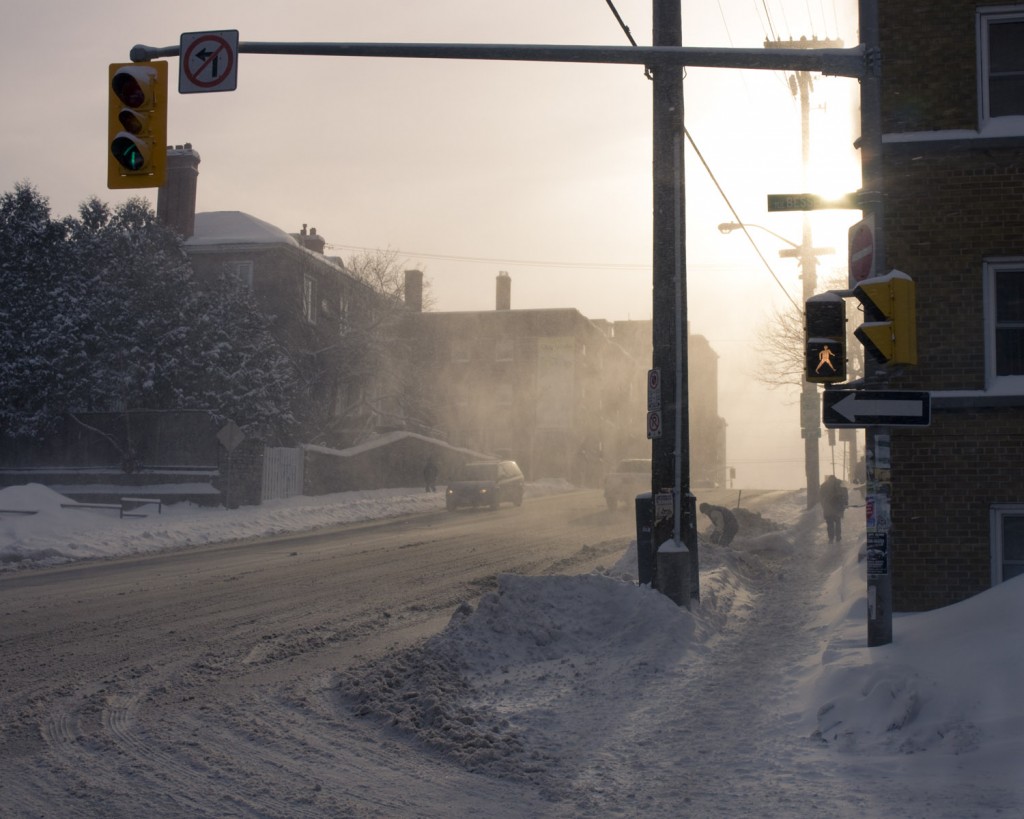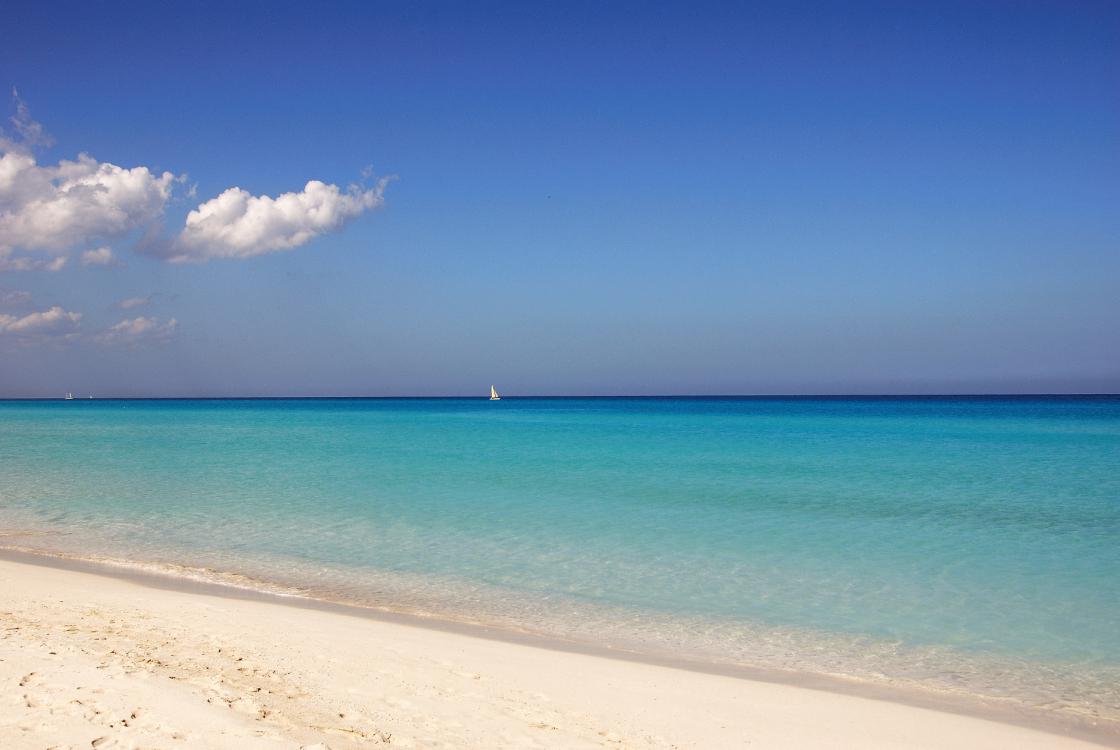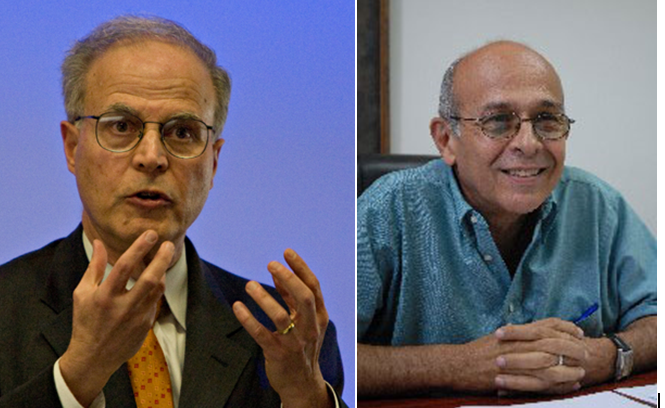Los permisos de entrada y salida del país son una violación de los derechos de los cubanos.
Published originally on January 26, 2011 in Diario de Cuba
Jose marti International Airport, Photo by A. Ritter, 1966
Primero fue en la Declaración del Ministerio de Relaciones Exteriores en respuesta a las medidas de Obama sobre los viajes a Cuba. Después fue la subdirectora de América del Norte de la cancillería cubana, Johana Tablada, en entrevista publicada en Cubadebate. Y más recientemente Fidel Castro en una de sus Reflexiones, o quizás Castro primero y Johana después. Para el caso, no importa. Repiten el mismo desaguisado: que los estadounidenses son los únicos ciudadanos de este mundo que no pueden viajar libremente a Cuba. Craso error.
Los ciudadanos cubanos que vivimos fuera del territorio nacional tampoco viajamos libremente a nuestro propio país, no solo desde Estados Unidos, sino desde Canadá, España, o cualquier otro de los cientos que ocupan el globo terráqueo. Y no es por voluntad del “imperio”, sino por las restricciones impuestas en Cuba por cubanos sobre viajes de cubanos, medidas que ya suman tantas décadas que si no somos especialistas en la materia no sabemos cuándo fue que empezaron, en qué período de la historia antigua de los Castro se decidió cerrarnos las puertas para salir y para entrar.
En la cancillería cubana se sabe muy bien que los cubanos que residimos en segundos países y no le pagamos al MINREX por un Permiso de Residencia en el Exterior, si queremos visitar a nuestra familia en Cuba debemos solicitar antes a las autoridades de la embajada cubana correspondiente que se nos “habilite” el pasaporte cubano. Porque para viajar a Cuba no se nos admite el del país donde tenemos segunda ciudadanía. Y en ese pasaporte se nos estampará un cuño que nos abrirá las puertas del Aeropuerto Internacional José Martí, si los funcionarios encargados de esa gestión no se oponen y no nos incluyen en un largo listado que el defenestrado ministro de Exteriores Felipe Pérez Roque denominara de “personas repugnantes”, y que hasta el momento no tenemos noticia de que Bruno Parrilla haya desechado.
Que Fidel Castro asegure que solo los estadounidenses no viajan libremente a Cuba, bueno, él predijo una guerra nuclear por los días del campeonato mundial de fútbol, el año pasado, y ahora, en medio de su senilidad, se regocija con la bondad de los delfines mientras sobre el modelo cubano dice lo mismo y lo contrario. Pero que el tema de los viajes se especifique en una Nota Oficial del MINREX y que una inteligente funcionaria lo asegure también, da que pensar. Porque si seguimos al pie de la letra lo declarado últimamente por el régimen, en esta nueva era inaugurada por el general Castro con Lineamientos, Congreso y sesiones en la Asamblea Nacional, rigen los llamados a que los funcionarios cambien la “mentalidad”, se enfatiza en la necesidad de eliminar “prohibiciones obsoletas justificadas en el pasado”, y sobre todo se exige actuar con disciplina. Quizás los funcionarios del MINREX se han salido del modelo de conducta exigido por el liderato del régimen y no han cambiado su mentalidad, quizás se debe a que en Cuba hay tantas cosas obsoletas que se confunden al dirigir los tiros, o quizás es ahora el general Castro el que dice lo mismo y lo contrario.
La abolición de los permisos de entrada y salida fue pedida en muchas de las asambleas celebradas en el país convocadas por Raúl Castro de 2007 a 2008, dizque para conocer qué pensaban los cubanos de la isla. “El permiso de salida y de entrada, eso debería abolirse completamente (…) se hizo con otro destino, por otras razones, y ha sobrevivido durante demasiados años en Cuba, y yo no creo que tenga razón de ser”, dijo Silvio Rodríguez entonces. Fueron tantas las declaraciones públicas en ese sentido de conocidos seguidores del régimen, y tantos los rumores de que “ahora sí”, que incluso el corresponsal de El País en La Habana aseguró haber visto el documento donde se levantaban las prohibiciones sobre viajes y que su presentación era cuestión de días. Pero, seguimos esperando.
Ahora pudiera ser un buen reclamo de los delegados al VI Congreso del Partido Comunista, aunque tengan que ser indisciplinados y salirse de la agenda prevista solo para los Lineamientos económicos. En definitivas, ¿no es el Congreso “el órgano supremo del partido y decide sobre todas las cuestiones más importante de la política”? Si es así, la discusión en abril no debiera circunscribirse a las reformas sobre los cuentapropistas, o la compra y venta de casas, sino ampliarse hacia otras cuestiones importantes reclamadas por la población desde hace rato, como los permisos de entrada y salida.
Soy de las que piensa que Obama debiera levantar todas las restricciones de viaje en su país, para que no sean violados los derechos de sus ciudadanos. Los permisos de entrada y salida en Cuba debieran levantarse por lo mismo. No en reciprocidad por las decisiones de Obama, sino por elemental respeto, para que no se sigan violando los derechos de los cubanos.


